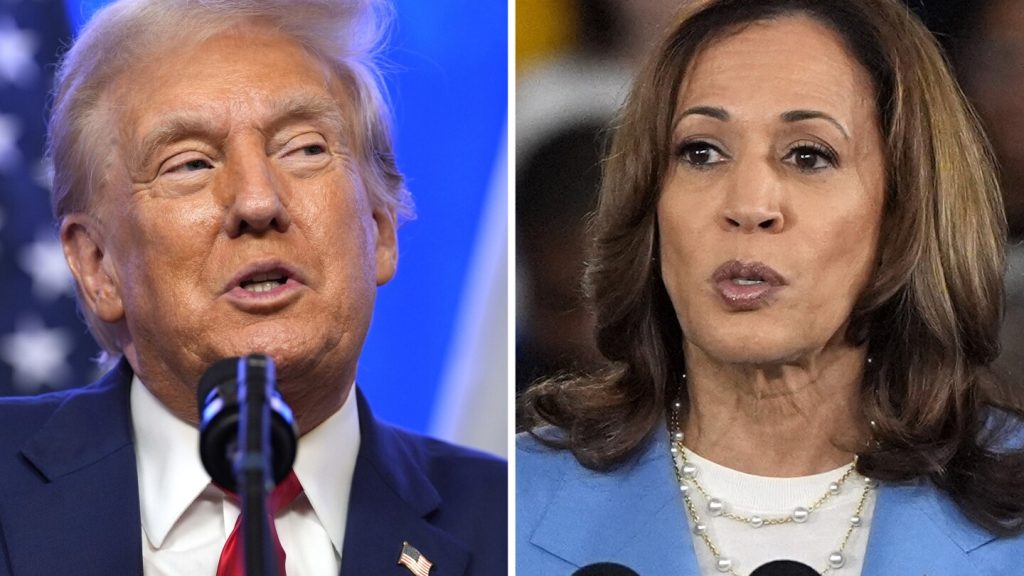The upcoming debate between Vice President Kamala Harris and former President Donald Trump on Sept. 10 is already sparking controversy over whether microphones should be muted when it’s not the candidate’s turn to speak. President Joe Biden’s campaign team insisted on this condition for accepting any debates this year. Trump has hinted that he may not show up for the ABC-hosted debate, opting instead to travel to Michigan for a conference. Former Democratic Rep. Tulsi Gabbard has endorsed Trump, joining him at the conference in Detroit. Meanwhile, Harris’ campaign has raised $540 million and experienced a surge in donations after the Democratic National Convention.
Ron DeSantis’ ill-fated presidential campaign is being linked to Elon Musk, with whom his campaign manager Generra Peck worked to organize an announcement event on Twitter Spaces. The campaign faced technical difficulties and ultimately failed. Peck and Musk are now collaborating on a super PAC dedicated to electing Trump. In Georgia, a judge ruled independent and third-party candidates ineligible for the presidential ballot, pending approval from the Secretary of State. This decision could impact the upcoming election, as it leaves only a few candidates on the ballot.
A significant factor in swing states like Wisconsin is the presence of independent and third-party candidates. The state Supreme Court rejected a challenge seeking to remove Green Party candidate Jill Stein from the ballot. Democrats blamed Stein for Trump’s victory in 2016, leading to continued efforts to contest her inclusion. Some voters express frustration with the current political climate, noting a lack of decorum and respect in political discourse. Despite this, they remain committed to their preferred candidates.
Families of service members killed in the Afghanistan War three years ago are still seeking answers and accountability. They criticize the lack of communication from the Harris administration and call for a deeper investigation into the circumstances of their loved ones’ deaths. Former Democratic Rep. Tulsi Gabbard’s endorsement of Trump highlights growing divisions within the political landscape. Gabbard’s military background and alignment with Trump’s critiques of Harris’ leadership add complexity to the race.
Questions about Tim Walz’s military record and the narrative surrounding his service highlight the political strategies at play. Republicans aim to undermine Walz’s credibility, while Democrats emphasize his military experience as a strength. Harris’ campaign treads a fine line between continuity and change, presenting her as an experienced leader while promising a new direction for the country. As the campaign unfolds, the focus shifts to issues such as clean energy and climate change, indicating potential areas of influence for Walz in a Harris administration.
The upcoming election is not just a competition of candidates but a battle of narratives about the future of America. Both parties are weaving elaborate stories to appeal to voters and shape the direction of the country. Amidst controversies and endorsements, the campaign is intensifying, setting the stage for a high-stakes electoral showdown. As the candidates navigate debates, challenges, and endorsements, the American public watches closely, eager to see how the story of the 2024 election will unfold.


